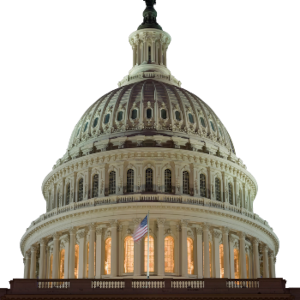"The Myth of Bush as Hero"
by Barbra Streisand
Finally ... finally we can talk about what's really going on. Rather than accept the myth that 9/11 turned President Bush into a "hero" ... former counterterrorism expert Richard Clarke has bravely spoken out to tell us the real story - that Bush did not treat terrorism as an urgent issue. And that going to war in Iraq, in addition to tragically costing us so many lives, has diverted money and resources away from where they should have been focused - on dismantling al Qaeda and strengthening our homeland security.
We now know that the Bush White House never made counterterrorism a priority leading up to September 11th. In fact, on April 30, 2001, the new administration released the government's annual report on terrorism, with a noted change: extensive mention of bin Laden, which previous terrorism reports contained, had been left out. A Bush State Department Official reportedly told CNN at that time that the U.S. government under Clinton had made a mistake in focusing so much energy on bin Laden.
In fact, Bush never even held a cabinet level meeting devoted to terrorism until the week before the attack. While FBI agents were fielding concerns about non-citizens in flight school uninterested in learning how to land planes, and the CIA was aware that potential terrorists had entered the United States, because terrorism was not a priority in the high levels of the federal government these discussions were never elevated to a place where the information could be shared across departments, where the appropriate people would have an opportunity to connect the dots...
![[streisand.jpg]](http://www.zuckervati.com/archives/images/streisand.jpg)
![[the_core.jpg]](http://www.zuckervati.com/archives/images/the_core.jpg)





![[streisand.jpg]](http://www.zuckervati.com/archives/images/streisand.jpg)